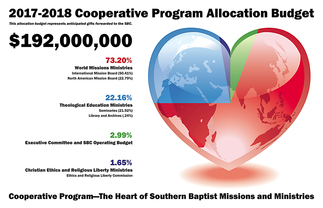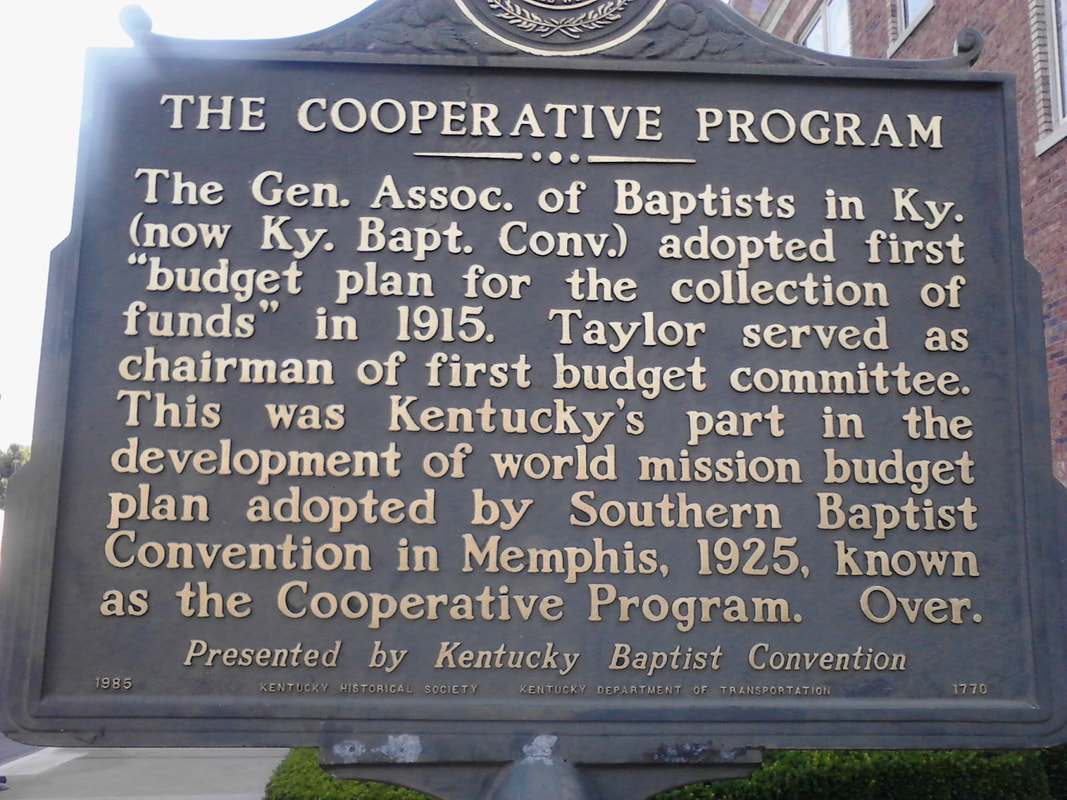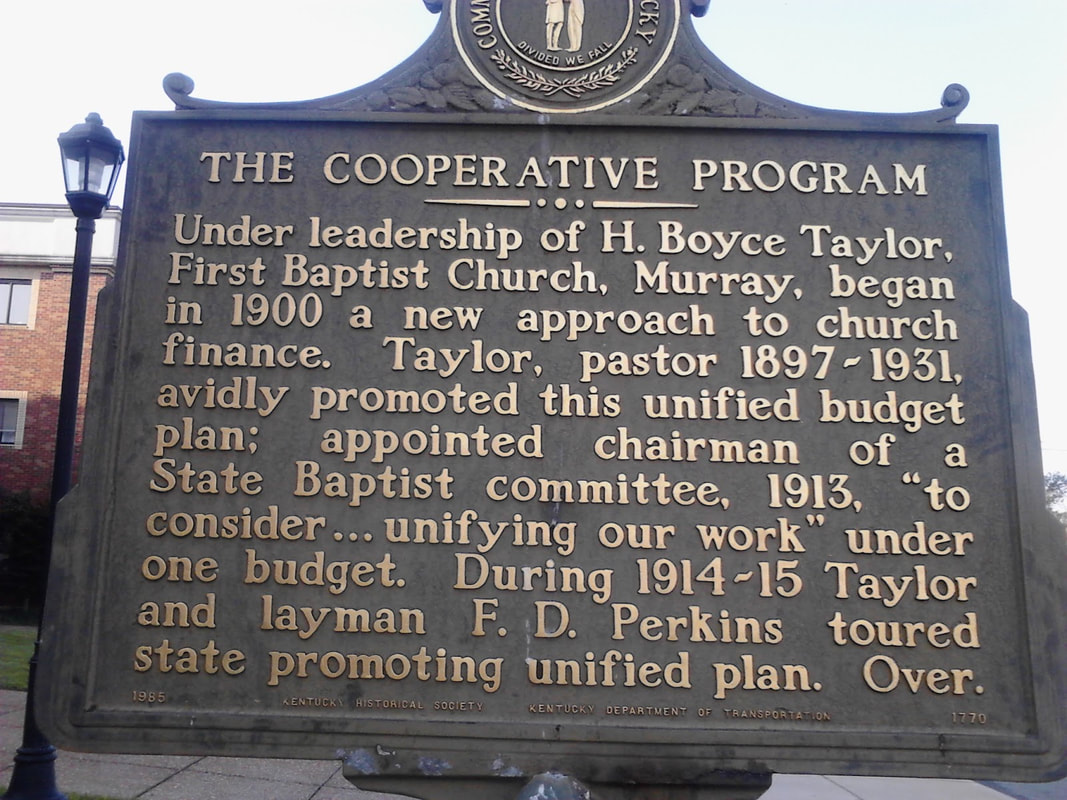 I finally took the plunge yesterday. I threw out a pair of gym shorts from 1998. Even though they didn't fit right, the waistband was fried, and they were as faded/ratty as you'd expect, they survived every purge. Until I noticed I looked like Steve Urkel with them hiked up. A lot of churches still have a pair of old shorts. It might be a ministry or program that's been around so long but no one knows what purpose it has anymore. Or it's an aging facility with more water in the bucket than the roof when it rains. Maybe it's a staffing model that's been around since the 80s. Chances are your church has some old shorts, and it's time to throw them out. One passage that's been swirling around has been Philippians 3:13-14. I absolutely love what Paul does with this, he puts the past in its rightful place and keeps his eyes forward on where God wants him to go, be, and do. There's a goal forward for Paul, for us as Christians, and for the churches we serve. The past deserves to be honored, recognized, and applauded. None of us have arrived where we are apart from the sacrifice, labor, and love of many who came before us.
But we can't hang on to the old gym shorts anymore. There's too much Gospel urgency. We have to be adaptable. Things don't work like they used to. No longer can we build a service and attract a crowd. Our primary communication is through social media, not mass mailouts. We're bridging up to 5 generations in our worship gatherings. Old gym shorts hang on to how things were done before. And we can't do that. There's too much Gospel urgency. We have to be sacrificial. It's hard throwing away old gym shorts. They're comfy, they're known, they're connected to good memories (when I got mine I was in great shape with abs, now I have a spare tire). Throwing out the old gym shorts means that we're willing to give up what's comfortable and safe for what's risky and costly. We can't fund ministries the way we always have, we can't afford to maintain oversized facilities. We may have to ask about downsizing, about merging, about multiplying by going multi-site or multi-service or multi-ethnic. There's too much Gospel urgency. We have to prioritize. It's really easy to keep stuffing old gym shorts in the drawer. It means we don't have to change. But when we throw them out, we're willing to make a priority of what's most important. For many of our churches, we need to recognize the priority of investing in families. That means we may need to throw out some gym shorts that keep us from making families a priority. Are you using children's areas for storage or are they filled with old, dirty resources? Does the way you set up your worship services, church calendar, and activities take family availability into consideration? There's too much Gospel urgency. We need to declutter. We're too busy. Our schedules are too full. We need an interpreter to make sense of our church's calendars. Families are pulled in different directions by competing ministries. In the effort to be "all things to all people" we try to do everything. We're cluttered. Just like the drawer full of old gym shorts. What is most necessary to accomplish God's vision for your church? Focus on those. Devote your time, energy, resources, and funding those ways. One of my pastoral mentors shared his greatest regret was "I wish I'd done less so I could have accomplished more." There's too much Gospel urgency. How have you seen your church throw out old gym shorts and be more effective in ministry?
0 Comments
One of the hallmarks of any SBC gathering is the constant mentioning of the Cooperative Program. I think it's in the SBC constitution somewhere to mention it at least 964 times during a gathering. But the CP is one of the greatest things about being Southern Baptist. And its missions and ministry effectiveness is no less than a miracle. Our previous stop was in Murray KY and outside First Baptist is a historical marker for the beginnings of the CP. The Cooperative Program is a voluntary, collaborative effort of over 46,000 SBC churches to partner together for missions, ministry, and evangelism. Each church sends a portion of its weekly offering to its State Convention, who keep part of it for ministry in the state (church planting, collegiate ministry, church revitalization, disaster relief, etc.) and forwards the rest to Nashville where the money is distributed to six seminaries, two mission boards, our Ethics & Religious Liberty Commission, historical archives, all for the purpose of reaching the world for Christ. It's a lot of numbers. But those numbers represent faithful people giving faithfully and a faithful God using those monies in incredible ways.  So why should we love the CP? I think there's at least 10 reasons. 1. It allows churches of all sizes to impact the world - The church I pastor runs 200 on a full Sunday. We can only do so much. Other churches are 10x our size, and they can do more on their own. But through the CP we're able to support missionaries around the world. 2. It brings churches together - When you put 46,000 churches together you learn that none of them are alike. They're in urban or rural settings. They're ethnic or anglo. They're contemporary or traditional. They're single-pastor or elder-led. They're Reformed or "Traditional." But despite all those differences, one common thread remains, cooperating together for the sake of the Gospel. 3. It's voluntary - Some churches choose to be extra generous with their CP giving, and others have to be more careful because they have a limited budget. Each church has the freedom to give as they see fit, and trust God with the results. We're not forced into giving or threatened with expulsion (the minimum in Florida is $250 a year!). 4. It's accountable - Every year trustees are elected to serve as Convention representatives over each of our entities. Their work is to ensure theological fidelity, and also to ensure that the CP funds are used wisely and effectively. When we give in our churches, we can know that our monies will be used well. 5. It's global - The interconnectedness of our world today means that our missions impact is global even when it's in our backyard. Our seminaries are filled with international students committed to being trained for ministry and then returning home to lead churches and ministries there. Our college campuses attract global students, who are reached with the Gospel. Our church planters are strategically placed in cities around the US and Canada with a global emphasis (NYC, LA, Miami). So a church in Possum Trot, Kentucky (yes it's a real town) can support a church planter in Seattle leading a Chinese church who sends out a missionary to Beijing. 6. Our missionaries are supported - The church I pastor has a retired missionary couple who are our biggest champions for missions and the Cooperative Program. Because of the generosity of faithful churches, they never once had to write home for support, or come off the field for months to fundraise. When our mission board sends a family, they ensure they're taken care of, so all their effort can be on impacting their community for Christ. 7. Students prepare for ministry affordably - One way I've personally benefited from the CP has been the generosity extended to seminary students. Tuition is subsidized for SBC students by 50%, making a world-class theological education both affordable and accessible. Our six funded seminaries are churning out graduates committed to the Kingdom, and carrying on the great legacy left behind by the alumni before them. 8. We have a prophetic voice - In the last year no SBC entity has come under fire more than the ERLC, which is our public policy and ethics channel. But with the ERLC and its leadership under Dr. Moore, Southern Baptists have a trusted, authoritative, and respected voice on cultural issues. With shifting tides on gender identity, sexuality, marriage, abortion, religious freedom, and more, it's critical for us to have more than a seat at the table but a voice crying in the wilderness. Our CP giving allows for the ERLC to speak from a biblical worldview, to voice concerns to Congress and the Courts, and to proclaim the unchanging gospel message of salvation through Christ. 9. Churches get planted - The president of NAMB, Kevin Ezell, shared with us at the Florida Convention that their goal is to plant 1,200 churches every year. That means this Sunday over 20 churches will launch around North America alone. Each of those churches stands as a witness to the community around them for the love of Christ and the preaching of the Gospel. And where churches get planted, the Kingdom expands. Where the Kingdom expands, lives are changed. 10. It has endured - The way we give has changed. Millennials have no idea what a "pocketbook" is. Churches have had to tighten the belt in light of the 2009 recession. Ministries have had to streamline. State conventions have downsized facilities. Networks and digital communication have reduced the need for brick and mortar. But despite all the changes that have happened and have yet to, the process remains. As a testament not only to the work of God but the faithful labor of previous generations of Southern Baptists. A couple years ago, Forbes Magazine ran an article titled "People Leave Managers, Not Companies." The basic premise behind it was that employee engagement and retention was rooted less in the company they work for and more in who they directly work under. Employees who had a healthy and positive environment from their manager were more likely to stay, be productive, and be happier in their work. But when employees left, they more often than not left directly because of their supervisor.
The connection to ministry is unavoidable. Those who are senior leaders in a ministry, whether you're the lead pastor of a church or the director of a para-church ministry set the environment where those we serve alongside will either thrive or disengage. Whether you realize it or not, even though God called the team you work with, they serve primarily with you. If you want to make a positive impact on those you serve with: 1. Don't be a jerk - Easy enough. A jerk makes it all about them. A jerk can't celebrate the successes of others. A jerk gets jealous of high performing team members. Jerks make terrible leaders because they're more interested in protecting themselves, elevating themselves, and generally make everything about them. Making a positive impact on your team means you're building them up, cheering them on, championing their success. 2. Listen well - The people you serve alongside carry a lot on them. They deal with the ups and downs of ministry. They carry burdens at home. They get tired. Make sure you take time to listen, sometimes even let them vent. As much as possible, keep an "open door" policy, especially with those on the team. 3. Allow input - Few things can discourage a team like a leader asking for their opinion, only to do the opposite. Sometimes you'll have to take the least popular course. But more often than not leaders ask for input when they want affirmation. In business too often employees feel like cogs in a wheel, and it's often no different in ministry. 4. Champion them - Sometimes in leadership your job is to be a grease trap. You're the filter that catches all the crap that gets thrown your way. That's part of the deal you signed on for. But when you're the filter, you're helping keep your team clean from the critics and grumps. Most of the time the criticism levied at ministry leaders are matters of preference or personal opinion. As the leader, your job is to filter that and keep it away from your team. And in doing that, you're their champion, defending them and deflecting any unwarranted criticism. 5. Value honesty first, loyalty second - On a team where no one feels like they can share, or be honest about concerns, it doesn't take long to get awkward. It gets worse when there's an expectation (or demand) for loyalty. The first thing we should desire is truth. We need someone to tell us our great idea will blow up because it's terrible. We need our team to remind us of our need for prayer. Loyalty is a byproduct of trust. Never forget that. 6. Follow through - Your team is looking to you. They're depending on you. They're loyal to you. They're excited to serve with you. They're committed to your vision. So follow through. Return the phone calls. Don't blow off meetings. Spend time with them. Keep things going forward towards the vision. Reject passivity and being content to exist. What would you add to help build a positive team environment? |
Scott M. DouglasA blog about leadership and the lasting legacy of family ministry. Archives
August 2023
Categories
All
|



 RSS Feed
RSS Feed



